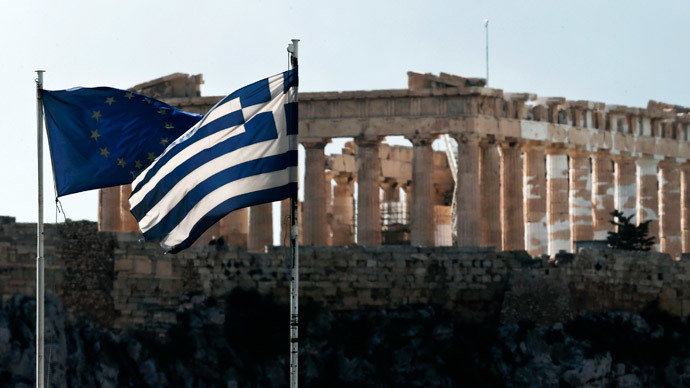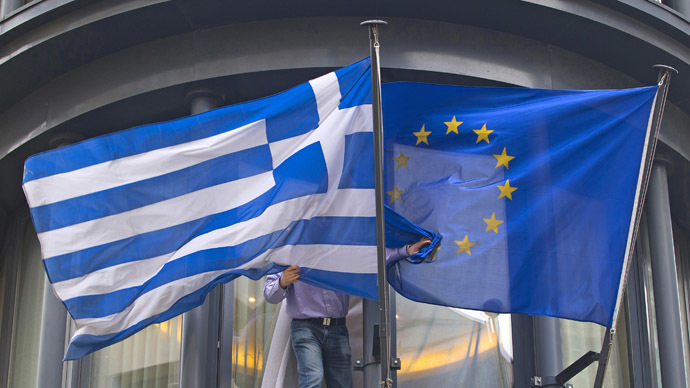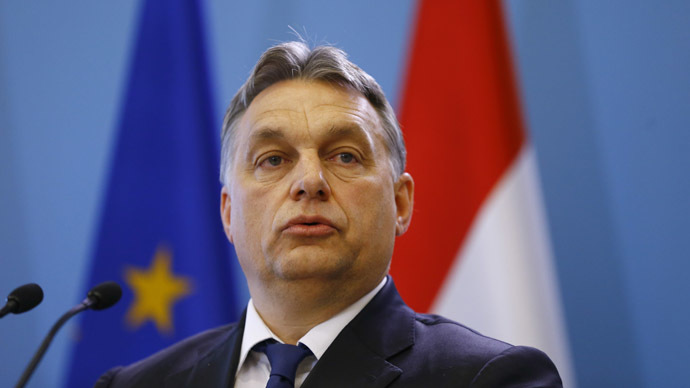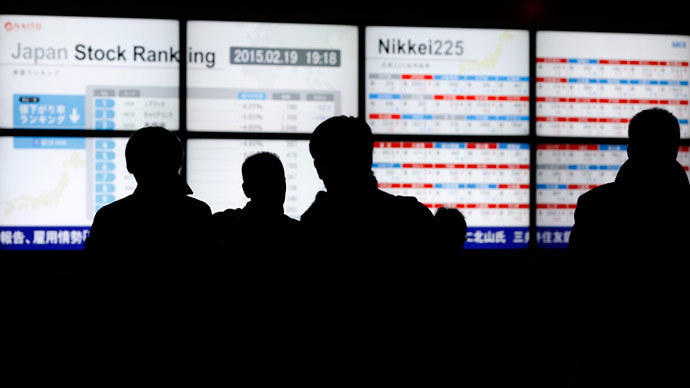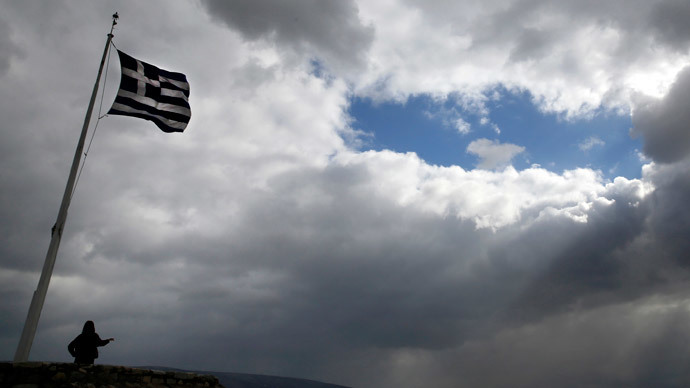
Patricia Arquette won the Oscar for best actress in a supporting role for her work in “Boyhood.”
Jon Caramanica
Patricia Arquette wins for playing very, very beleaguered in “Boyhood,” but I would not have been mad if Emma Stone had pulled that one out.
Melena Ryzik
Yes, if that had happened, it would’ve been a “Birdman” night for sure. But for now we’re still playing mostly by the numbers.
Jon Caramanica
On the one hand, Arquette is a complete pro, writing a list of everyone she needs to thank. On the other, she uses the opportunity to promote wage equality, which gets Streep and J.Lo jumping.
Melena Ryzik
The joke goes that winning an Oscar automatically bumps your pay grade. But Patricia Arquette openly asks for a raise — for everyone.
Lotta “GO GIRL” after that. #PatriciaArquette #oscars #equality
— Elizabeth Banks (@ElizabethBanks) February 23, 2015
patricia arquette announces her campaign for Congress. #Oscar2015
— Karen Tumulty (@ktumulty) February 23, 2015
Article source: http://rss.nytimes.com/c/34625/f/640354/s/43adda74/sc/14/l/0L0Snytimes0N0Clive0Coscars0E20A150Elive0Eblog0C0Dpartner0Frss0Gemc0Frss/story01.htm
